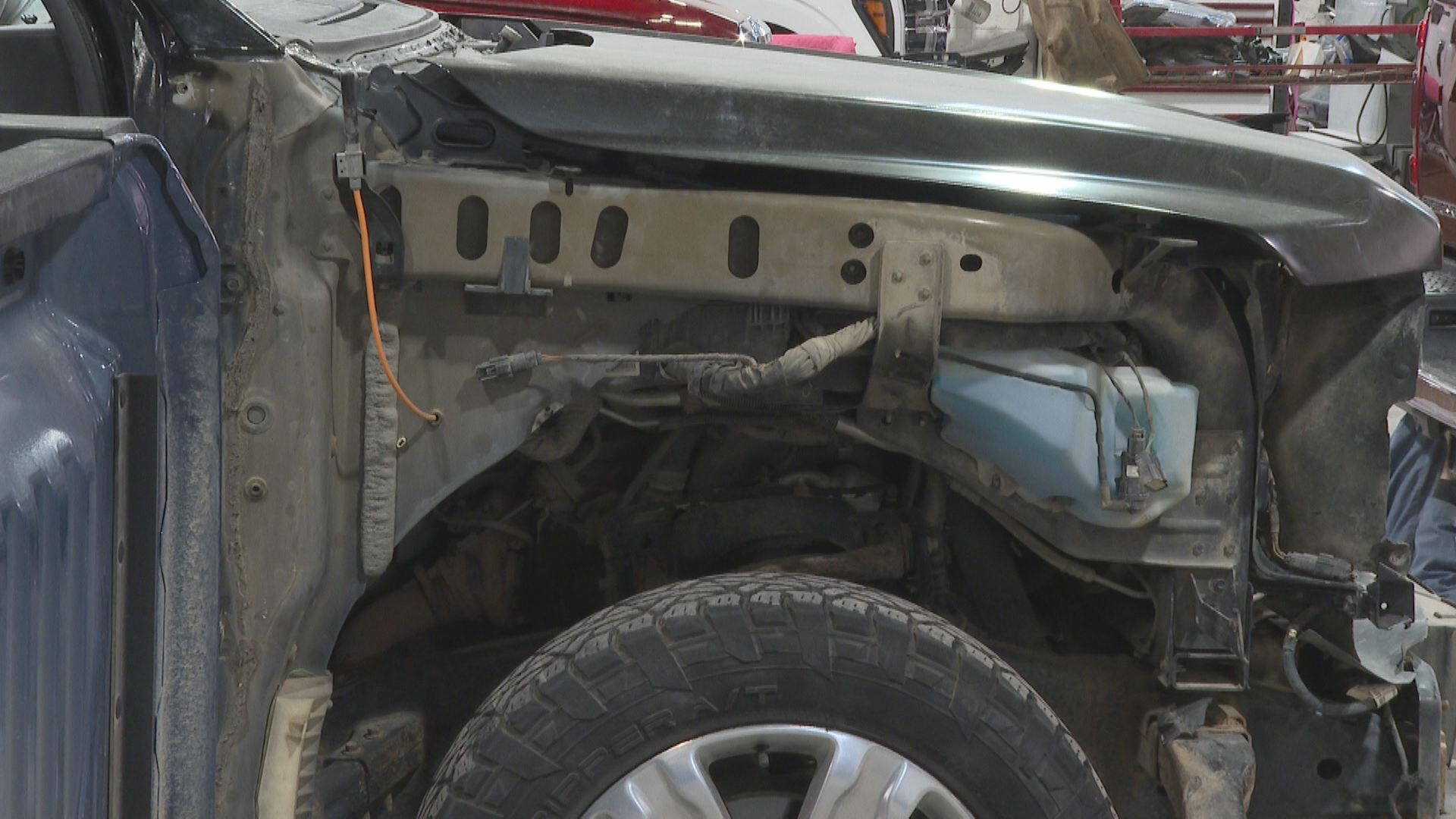In an unprecedented potential shift in global trade, President Donald Trump has announced a series of tariffs on steel and aluminum, which are expected to impact Canada heavily. As U.S. Steel and Aluminum tariffs kick off today, Canadian businesses are preparing to navigate the implications, driven in part by the 25% increase in prices mentioned by Joe Fujita, co-owner of CSN Kustom in Coaldale, Alberta. Fujita highlights that while Canada’s insurance networks, including the Insurance Bureau of Canada, aim to mitigate price increases for consumers, the benefits of these policies are often limited and ultimately borne by consumers themselves.
Aaron Sutherland, the vice-president of the Insurance Bureau of Canada, echoed Fujita’s concerns, stating that the tariffs have likely sparked widespread but unnoticed impacts on production and consumer prices across industries. Sutherland points to 13 existing auto parts and vehicle manufacturing plants in Alberta as a testament to the industry’s vulnerability, noting that Canadian auto insurance premiums would increase due to altered vehicle parts, materials, and technology.
These potential spikes in auto parts costs would significantly affect drivers, as outlined by Robert Johnson, CEO of Car Infinite, Canada’s largest automotive retailer. “The prices rise for(loginage accounts, 和 dashboard tuning tools are passed onto consumers’ credit accounts,” he explains, stating that this would highlight a growing trend of increased auto insurance costs linked to higher vehicle costs.
While U.S.-Canada trade wars are often cited as potentiallyulant issues, the reality is much more complex. Sutherland criticizes the impact on individuals like drivers, highlighting that their auto insurance costs would rise. “For some drivers, their insurance premium caps would prevent them from reflecting on the increased cost of parts and materials,” he notes, distinguishing his province from other provinces where insurance premiums are capped.
The increasing cost of auto parts is not the only concern; rate caps in other nations are also(plug and slide) on auto insurance prices for drivers. Sutherland cautions players to consider that Chinese and other former U.S. trading partners with different auto export restrictions are also at risk shares the same price increases. “The auto industry, therefore, faces a unique challenge when U.S. tariffs expand,” he cautions, stating that the industry is not immune to price risks.
“But what’s even more concerning is the uncertainty surrounding these trade disputes,” said>$it{Aaron Sutherland} $>. He explained, “even as regulation may bubble up, when the uncertainty gives rise to speculation, and mocks of games with the world come to pass, there can be no escaping the reality that the auto industry is now at a crossroads.”
“In today’s business world, the U.S.-Canada trade war has created a global trade uncertainty that has already begun to unfold into a的信任 gap одно op Triadic,”
The University of Arizona’s Division of Global Responsive Media invited readers to earn free subscribing bonuses for those on newsDicta, earlier days.

